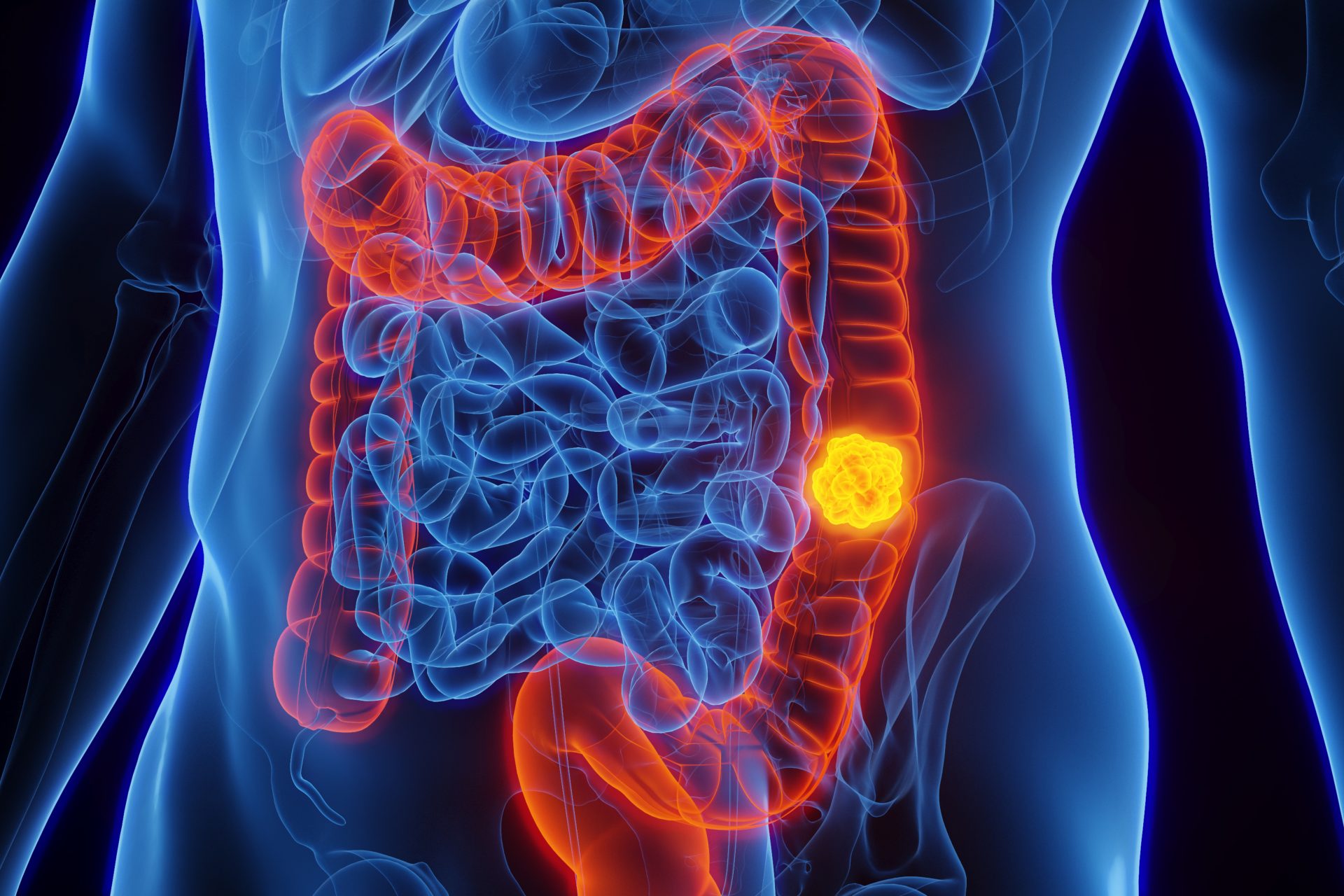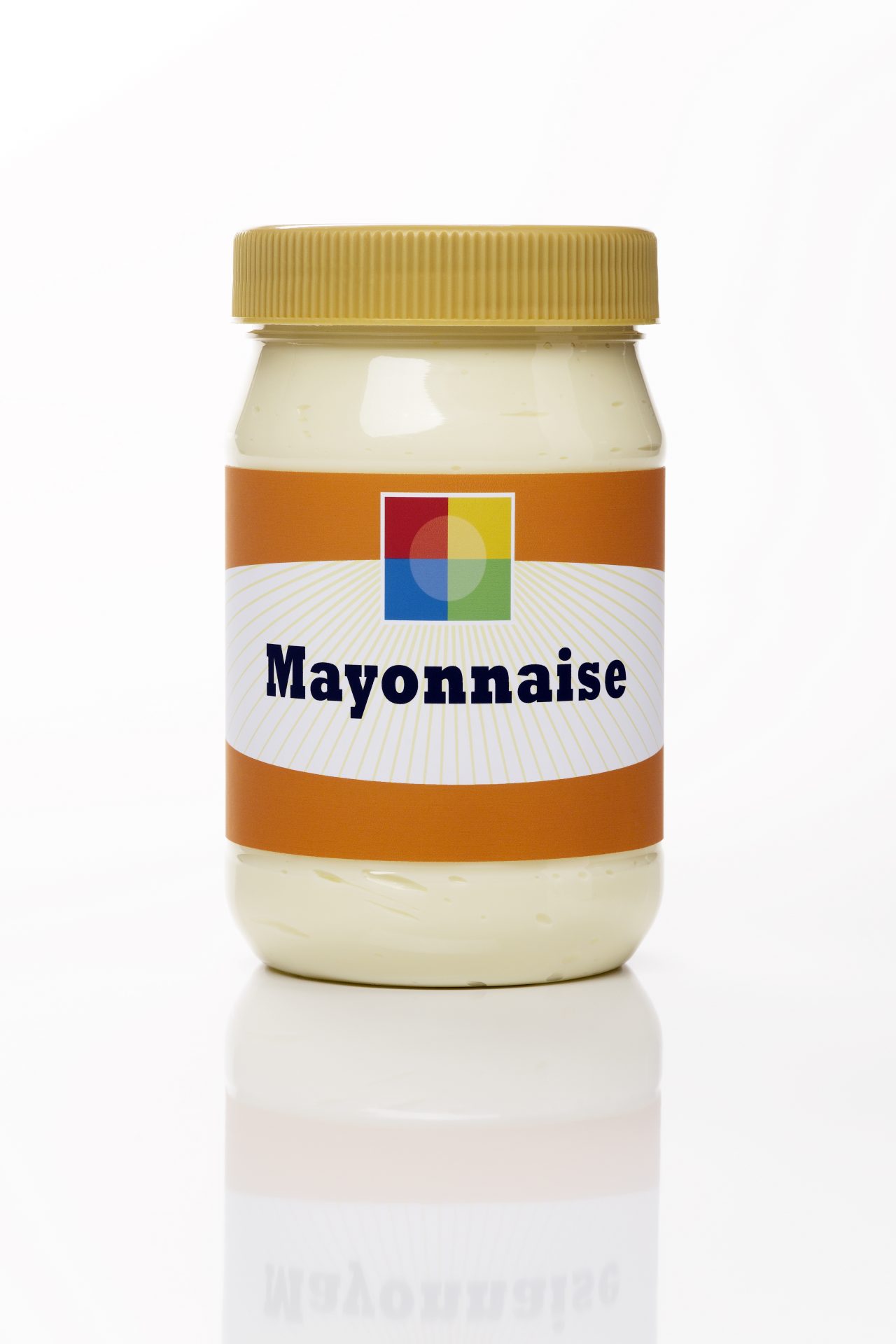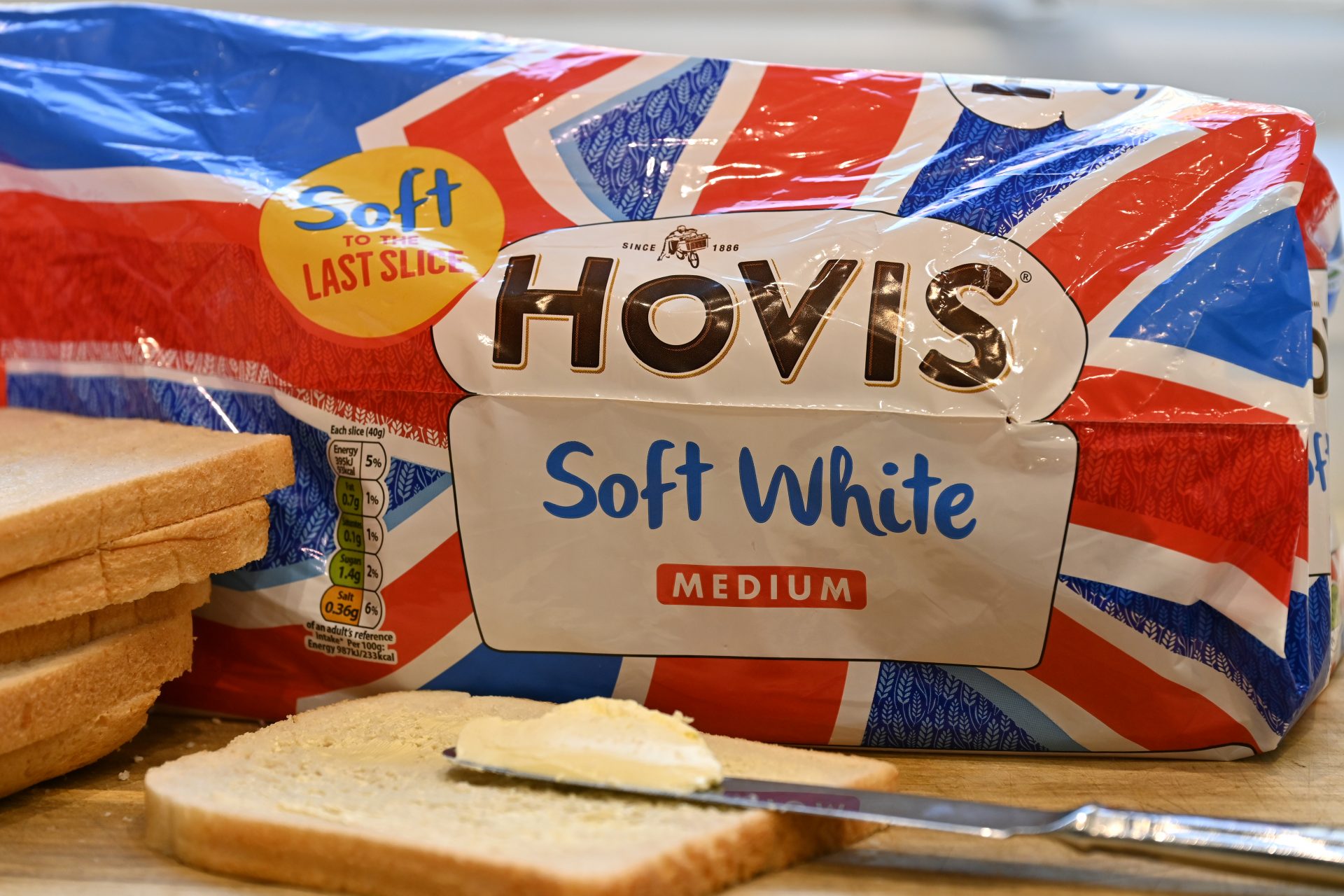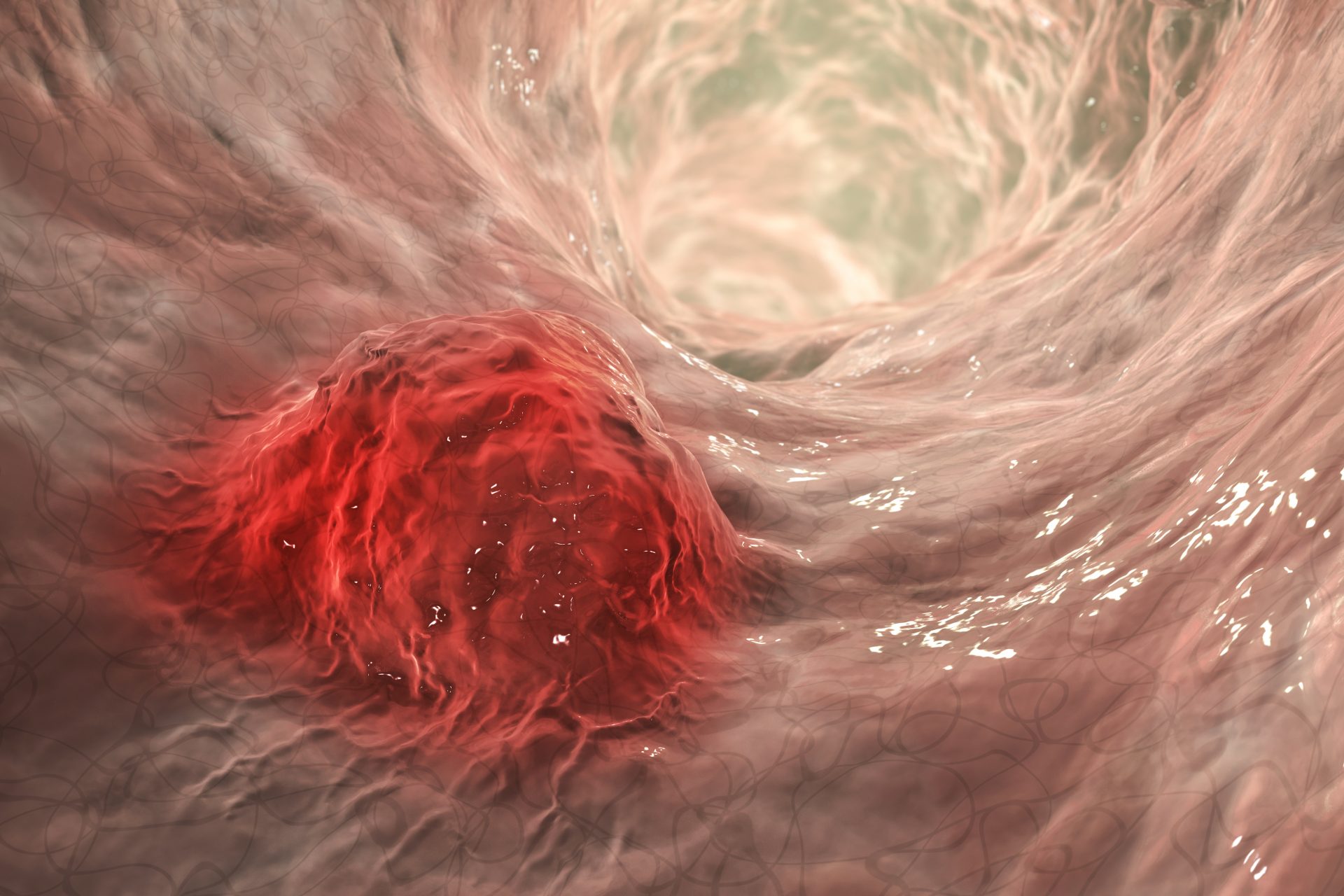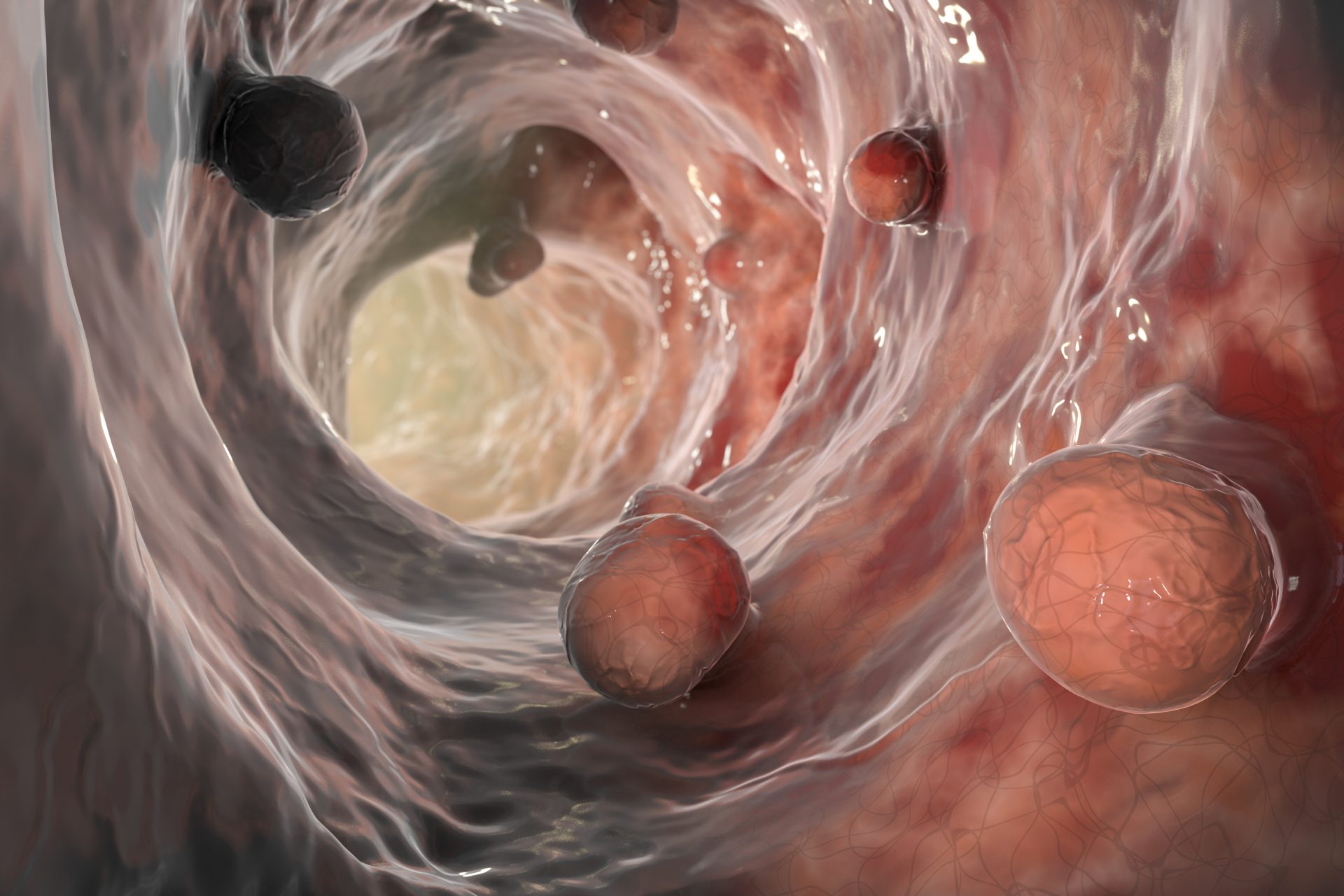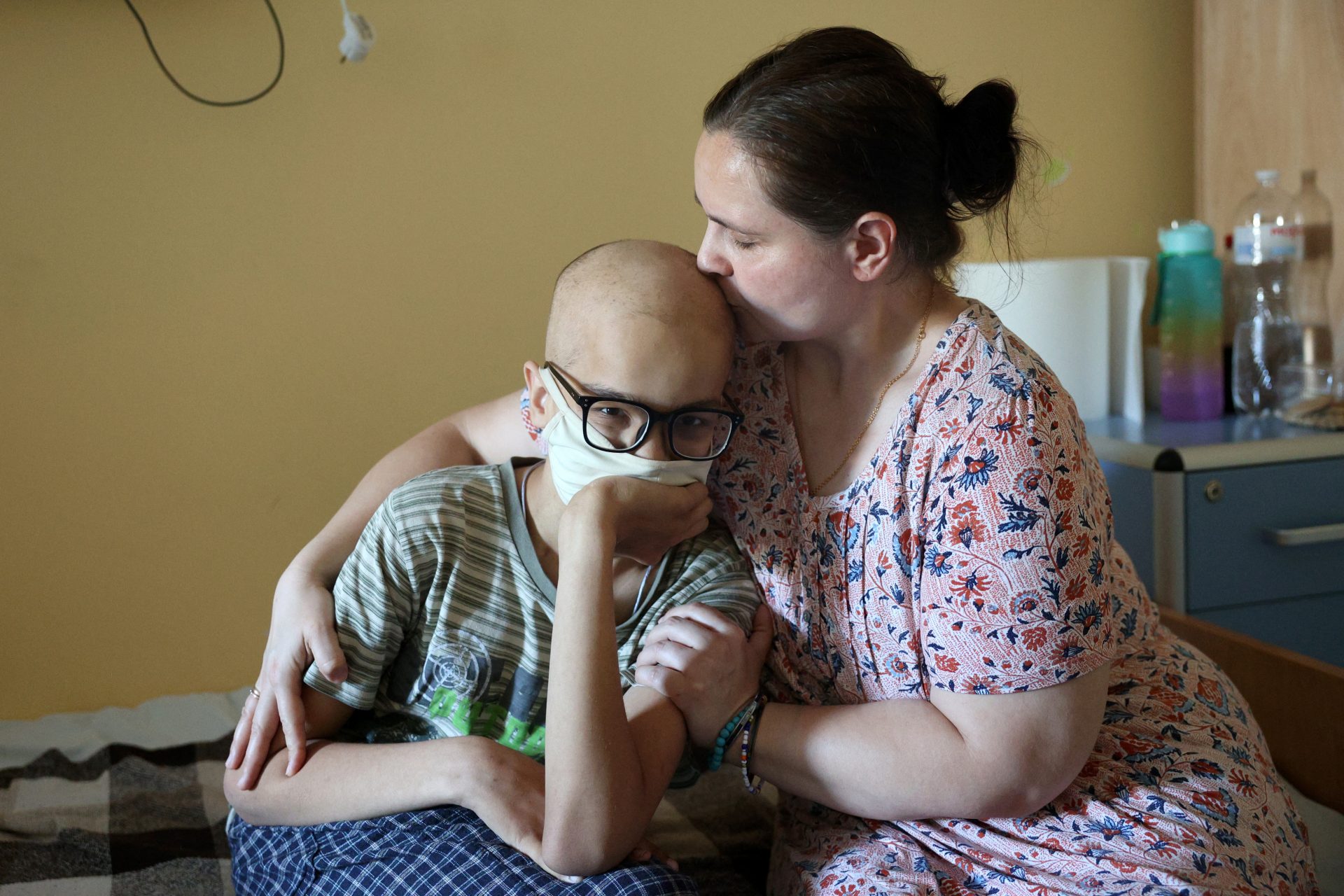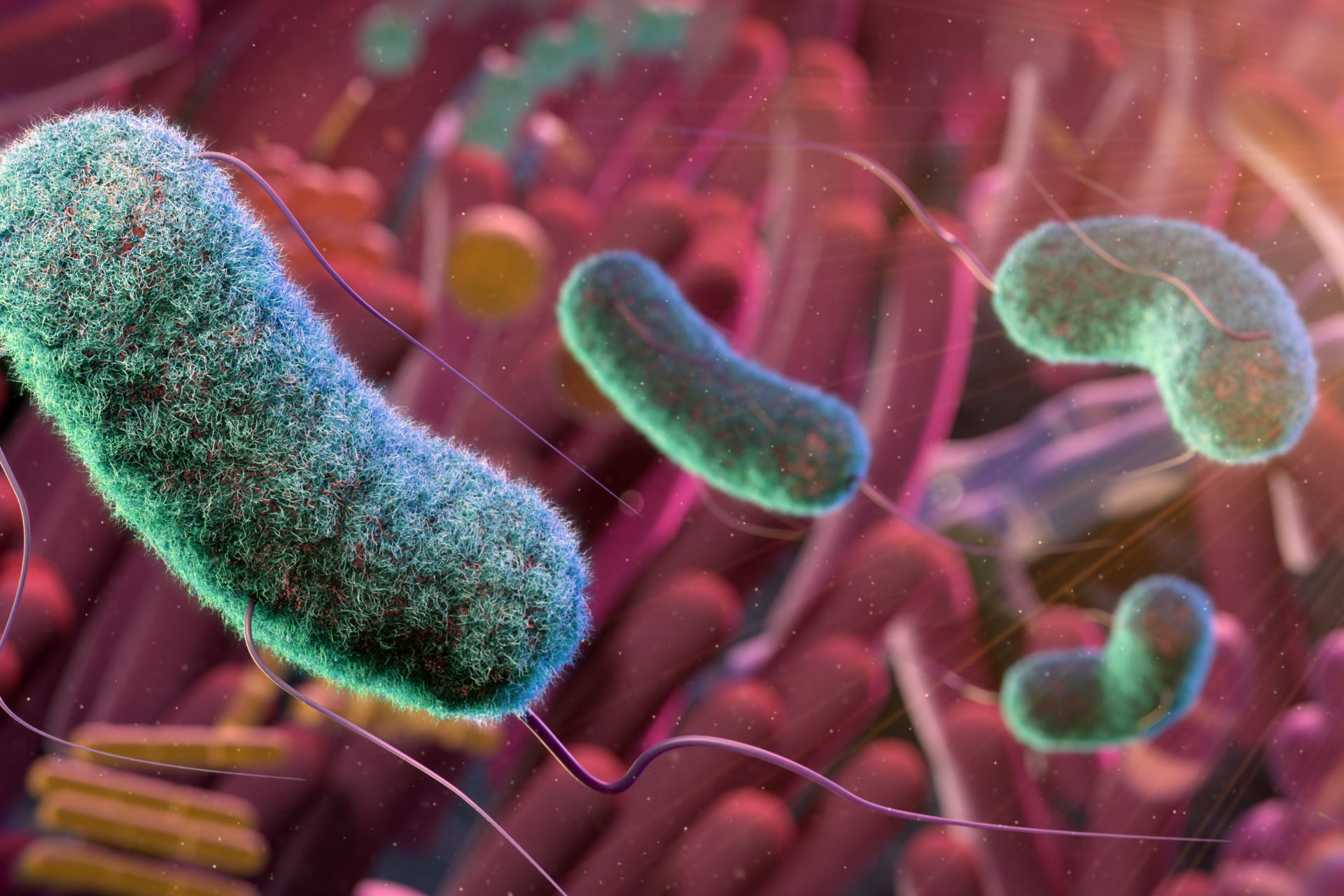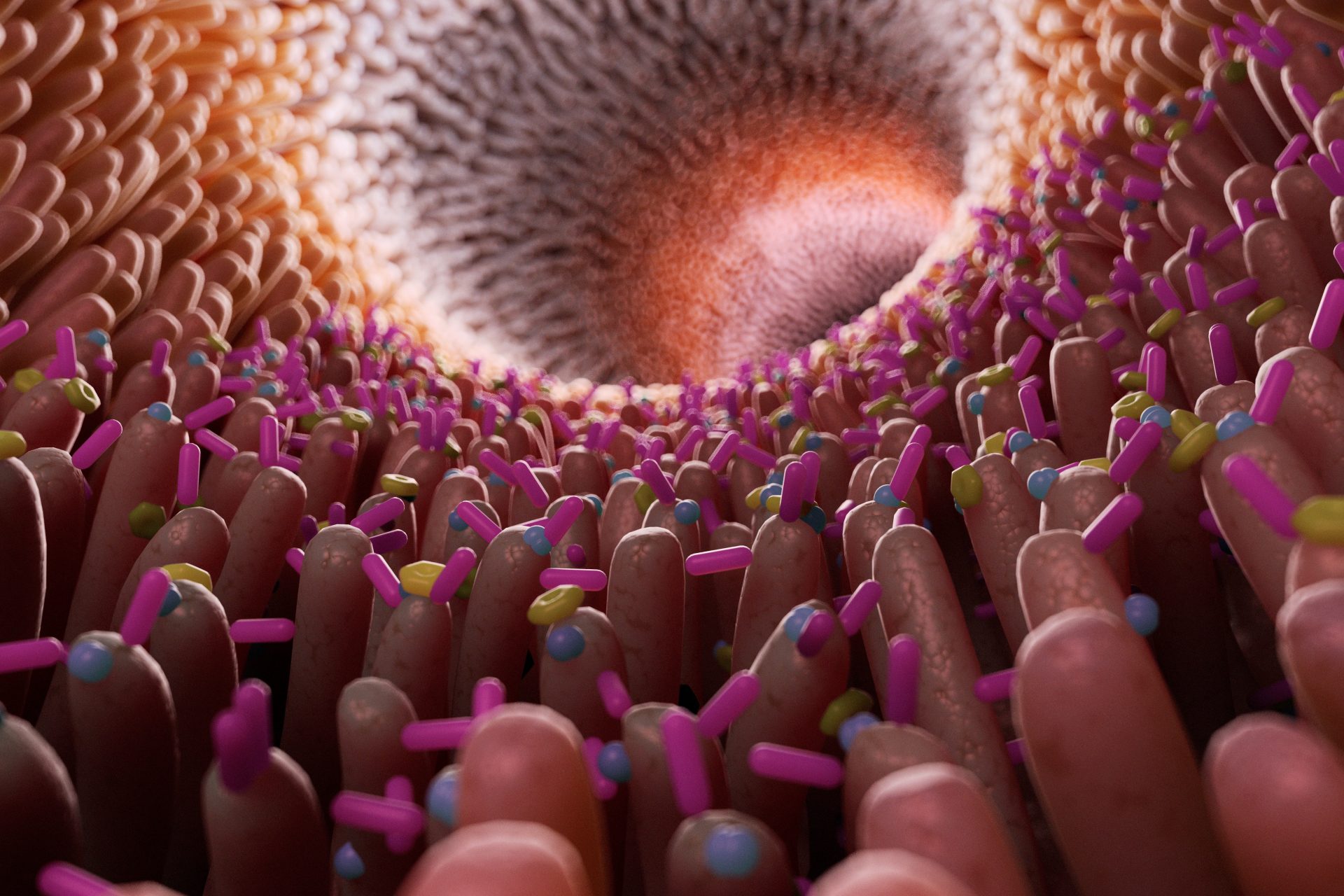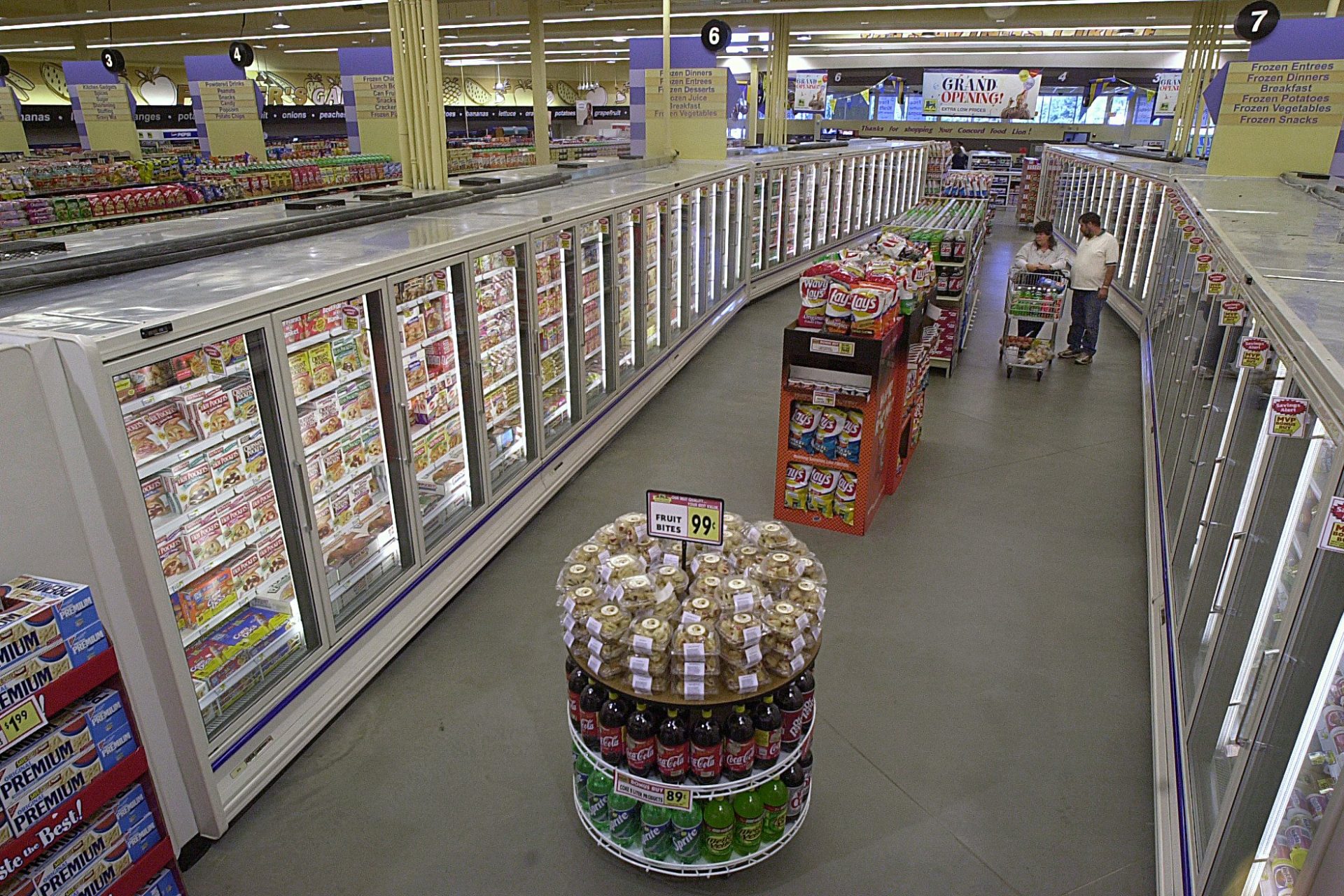Ultra-processed foods are causing cancer spikes in the young, scientists conclude
Cancer is a disease generally associated with later life, but it is becoming increasingly common in the under 40s and there is finally a consensus among scientists on the most convincing explanation.
A study published this August suggests that people under 40 are three times more likely to develop the disease than those over 70, due to the large numbers of young people opting for an ultra-processed diet, the Daily Mail reports.
For certain types of cancer, the numbers are especially striking. Colorectal cancer is now diagnosed among young adults almost twice as often as it was in the 1990s, according to a 2022 study, reports Time magazine.
A more recent study quoted by Time indicates that by 2030 the number of these early-onset cancer diagnoses could increase by roughly 30% worldwide—and the number of young people who die from their conditions could rise by about 20%.
Ultra-processed foods are any ready-made products and meals that contain large amounts of additives designed to extend their shelf life and improve the flavor.
They also tend to have high levels of added sugars, saturated fat, and sodium, as well as decreased fiber, protein, and micronutrient content.
Teenagers consume around two-thirds of their daily calories from ultra-processed foods, according to a study carried out by the universities of Bristol and Cambridge, and published in the European Journal of Nutrition in July.
Those found to consume the most intensely ultra-processed diet were largely from deprived backgrounds, belonged to a white ethnic group and were at the younger end of the spectrum of the 3,000 participants.
Prostate oncologist and Queen’s University Belfast professor Dr Joe O’Sullivan explains in the Mail, “The spike in young cancer rates has to be due to something we’re consuming. And ultra-processed foods are the biggest lifestyle change in the last 40 years.”
Dr Yanaina Chavez-Ugalde, chief author of the Bristol-Cambridge study, states on the European Scientist news site: “Adolescents’ food patterns and practices are influenced by many factors" such as "their home environment, the marketing they are exposed to and the influence of their friends and peers.”
Photo: screenshot from LinkedIn
Most significantly, Chavez-Ugalde adds that “Adolescence is also an important time in our lives where behaviors begin to become ingrained.”
Over the past 30 years, cancer rates in the Western world have increased faster for 25- to 29-year-olds than for any other age group, according to the Daily Mail.
The cancers that have soared in this demographic have been cancers related to the digestive system and located in the oesophagus, stomach, pancreas, bile duct, liver, gallbladder and colon.
The US-based Colon Cancer Coalition predicts that 30 per cent of all colorectal cancer cases and 7 per cent of all deaths this year will among people under 55.
Professor David Cunningham, consultant oncologist at The Royal Marsden research center in the UK, tells the Mail he has a “shocking” number of young patients, some of whom are under the age of 25.
“These are people who don’t have any known genetic predisposition and they’re not overweight. In some it’s been quite striking that they’re quite fit,” he says.
“It’s hard to believe that you can get a cancer at the age of 20 because of environmental factors. But it’s happening. And that’s where diet comes in.”
Ultra processed foods not only lead to diabetes type 2 and obesity, they are likely to have a negative impact on the gut microbiome which form a vital part of our immune system and help regulate many bodily functions.
Cancer epidemiologist Dr Fang Fang Zhang, tells the Mail that ultra-processed foods "can reduce the good bacteria and add bad bacteria, damaging the innermost lining of the colon and causing tumors to grow there.”
According to the NPR news site, you can tell if a food is ultra-processed by checking the label and seeing if it contains ingredients you would not find in your own kitchen such as high-fructose corn syrup, hydrogenated oils, hydrolyzed protein, or additives.
“If we can reduce ultra-processed food consumption, we will see a reduction in cancer cases. Governments need to pay attention to it,” adds Dr Zhang.
More for you
Top Stories






